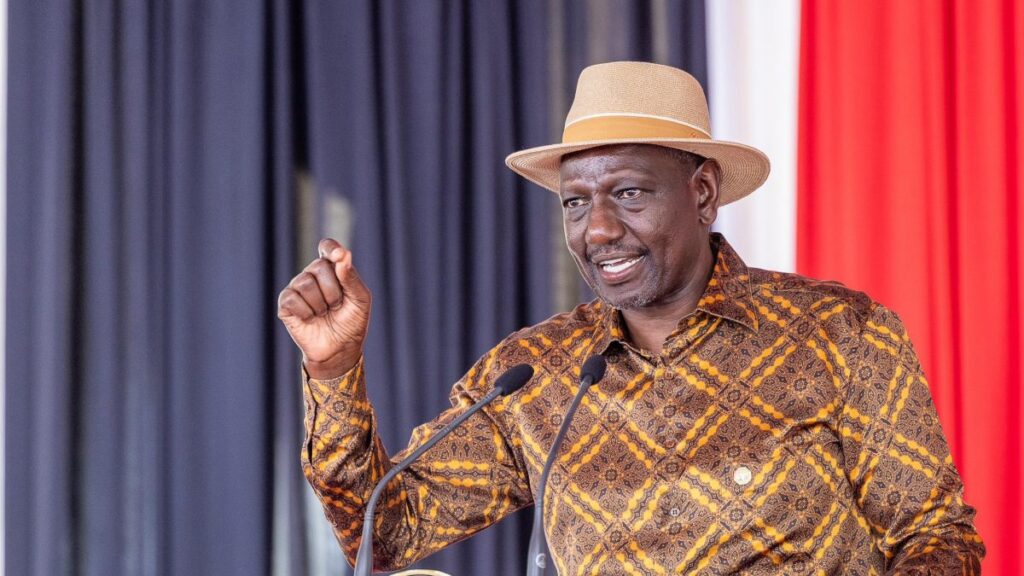A Nairobi High Court has dealt a blow to President William Ruto after it temporarily halted the operations of the newly established Multi-Agency Team on the War Against Corruption (MAT-WAC). The order was issued through a conservatory ruling that stops the implementation of the presidential proclamation until a petition challenging its legality is heard and determined.
The contested team was established on August 18, 2025, through a presidential proclamation. However, the petitioners argue that the President acted outside the bounds of the Constitution by creating such an entity. They maintain that anti-corruption functions are clearly assigned to the Ethics and Anti-Corruption Commission (EACC) and other established independent offices, not a presidentially constituted task force.
In their petition, human rights defenders and professionals argue that the MAT-WAC team undermines constitutional provisions and usurps the mandate of existing independent institutions. They want the court to declare that the presidential order is unconstitutional, null, and void. They further insist that any reports, recommendations, or actions arising from the team’s work should equally be declared invalid.
Central to the petition is Article 132(4) of the Constitution, which outlines the President’s executive functions. According to the petitioners, this article does not empower the President to establish an anti-corruption body. Instead, it allows the Head of State to create an office in the public service only in consultation with the Public Service Commission. The petition describes the President’s action as relying on “imaginary hot air mirage powers” not contemplated by the Constitution.
The petitioners also listed multiple constitutional provisions that they claim were contravened, including Articles 1, 2, 3, 10, 73, 79, 129, 131, 132, 159, 201, and 248–254, alongside the Ethics and Anti-Corruption Commission Act. They argue that the creation of MAT-WAC violates the principle of separation of powers and weakens the independence of oversight institutions.
The court order now pauses any activities by the MAT-WAC team until the petition is fully heard. The case will be mentioned on September 9, 2025, in a virtual session, where compliance will be confirmed, and directions for an expedited hearing will be given.
This development intensifies the debate on how far presidential powers can extend in shaping Kenya’s anti-corruption agenda. It also raises broader constitutional questions about the balance between executive authority and the autonomy of independent institutions tasked with fighting corruption.

